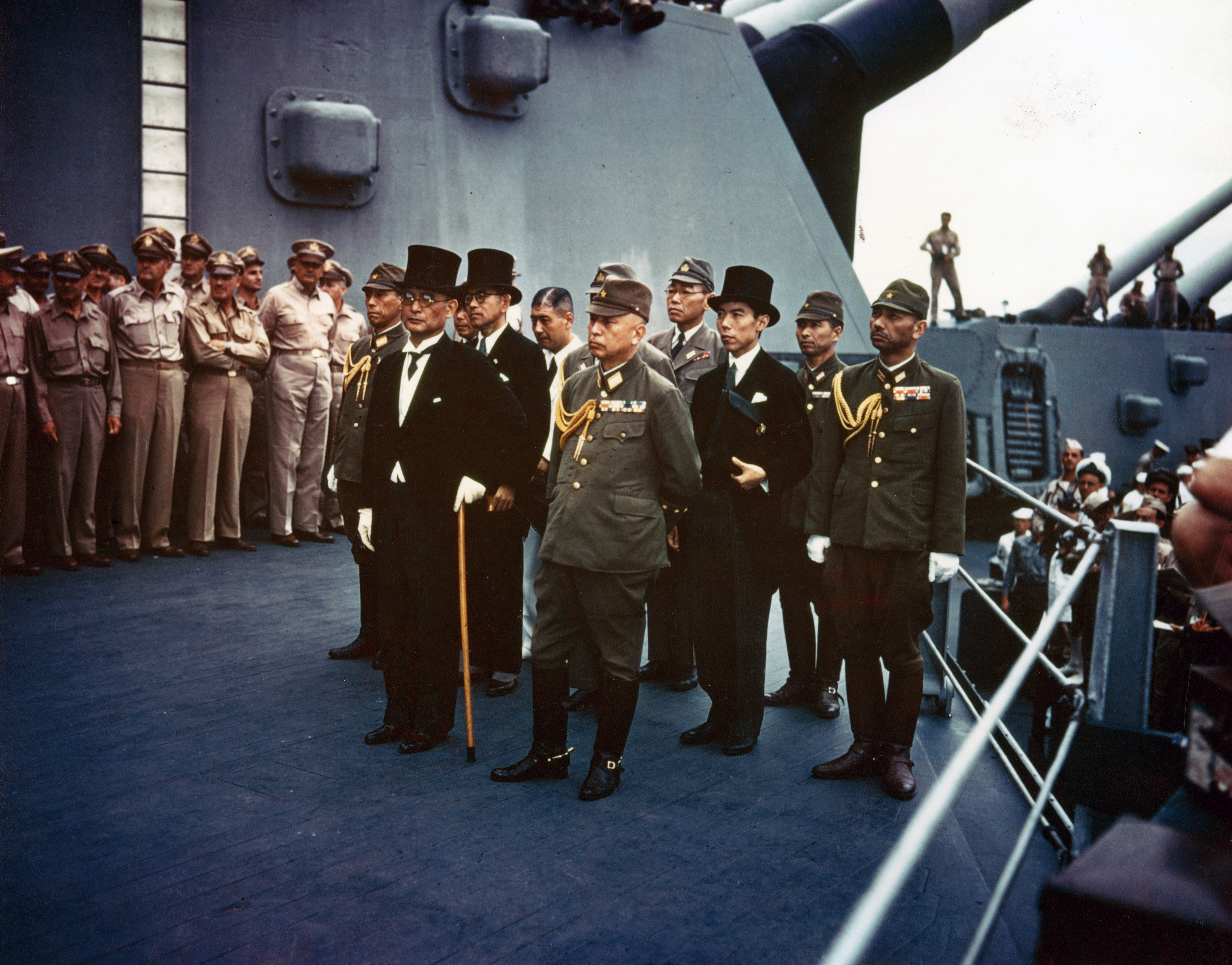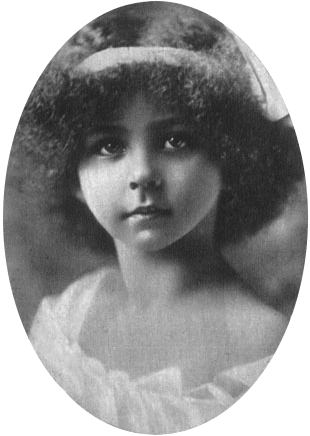|
Fall Of The Fascist Regime In Italy
The Fall of the Fascist regime in Italy, also known in Italy as ( it, Venticinque Luglio, ; ), came as a result of parallel plots led respectively by Count Dino Grandi and King Victor Emmanuel III during the spring and summer of 1943, culminating with a successful vote of no confidence against the Prime Minister Benito Mussolini at the meeting of the Grand Council of Fascism on 24–25 July 1943. As a result, a new government was established, putting an end to the 21 years of Fascist rule in the Kingdom of Italy, and Mussolini was placed under arrest.Bianchi (1963), p. 609Bianchi (1963), p. 704De Felice in Grandi (1983), p. 21De Felice (1996), p. 1391 Background At the beginning of 1943, Italy was facing defeat. The collapse of the African front on 4 November 1942 and the Allied landings in North Africa on 8–12 November exposed Italy to an invasion by the Allied forces.De Felice (1996), p. 1092 The defeat of the Italian expeditionary force ( ARMIR) in Russia, t ... [...More Info...] [...Related Items...] OR: [Wikipedia] [Google] [Baidu] |
Dino Grandi
Dino Grandi (4 June 1895 – 21 May 1988), 1st Conte di Mordano, was an Italian Fascist politician, minister of justice, minister of foreign affairs and president of parliament. Early life Born at Mordano, province of Bologna, Grandi was a graduate in law and economics at the University of Bologna in 1919 (after serving in World War I). Grandi started a career as a lawyer in Imola. Attracted to the political left, he nonetheless became impressed with Benito Mussolini after the two met in 1914, and became a staunch advocate of Italy's entry into the World War. He joined the Blackshirts at age 25, and was one of 35 Fascist delegates elected, along with Mussolini, in May 1921 to the Chamber of Deputies. Grandi survived an ambush carried out by leftist militants in 1920, and had his studio devastated on one occasion. Fascist statesman After the March on Rome on 28 October 1922, in which the Fascists took power in Italy, Grandi became part of the new government; first as the un ... [...More Info...] [...Related Items...] OR: [Wikipedia] [Google] [Baidu] |
Axis Powers
The Axis powers, ; it, Potenze dell'Asse ; ja, 枢軸国 ''Sūjikukoku'', group=nb originally called the Rome–Berlin Axis, was a military coalition that initiated World War II and fought against the Allies. Its principal members were Nazi Germany, the Kingdom of Italy, and the Empire of Japan. The Axis were united in their opposition to the Allies, but otherwise lacked comparable coordination and ideological cohesion. The Axis grew out of successive diplomatic efforts by Germany, Italy, and Japan to secure their own specific expansionist interests in the mid-1930s. The first step was the protocol signed by Germany and Italy in October 1936, after which Italian leader Benito Mussolini declared that all other European countries would thereafter rotate on the Rome–Berlin axis, thus creating the term "Axis". The following November saw the ratification of the Anti-Comintern Pact, an anti-communist treaty between Germany and Japan; Italy joined the Pact in 1937, follow ... [...More Info...] [...Related Items...] OR: [Wikipedia] [Google] [Baidu] |
Vittorio Ambrosio
Vittorio Ambrosio (28 July 1879 – 19 November 1958) was an Italian general who served in the Italo-Turkish War, World War I, and World War II. During the last phase of World War II Ambrosio supported the fall of Benito Mussolini and Italy's eventual renunciation of the German alliance. Before World War II Ambrosio was a native of Turin. In 1896 he entered the Military School of Modena; on completion of his schooling he was commissioned as a cavalry officer. During the Italo-Turkish War (1911-1912) he served as a ''tenente'' (first lieutenant) in the ''Cavaleggeri di Lucca'' regiment. Ambrosio served as a divisional chief of staff during World War I. In 1935 he was appointed Commander XII Army Corps. By 1939 he had risen to command the Second Army, located on the Yugoslav border. World War II Ambrosio's early actions in World War II included leading the Italian offensive in Yugoslavia in 1941. After brief but heavy fighting the 2nd Army under his command attacked ... [...More Info...] [...Related Items...] OR: [Wikipedia] [Google] [Baidu] |
Revenant
In folklore, a revenant is an animated corpse that is believed to have been revived from death to haunt the living. The word ''revenant'' is derived from the Old French word, ''revenant'', the "returning" (see also the related French language, French verb ''revenir'', meaning "to come back"). Revenants are part of the legend of various cultures, including Old Irish Celtic and Norse mythology, and stories of supposed revenant visitations were documented by English historians in the Middle Ages. Comparison to other folkloristic and mythological undead The term "revenant" has been used interchangeably with "ghost" by folklorists. While some maintain that vampires derive from Eastern European folklore and revenants derive from Western European folklore, many assert that revenant is a generic term for the undead. Augustin Calmet conducted extensive research on the topic in his work titled ''Traité sur les apparitions des esprits et sur les vampires ou les revenans de Hongrie, de Mo ... [...More Info...] [...Related Items...] OR: [Wikipedia] [Google] [Baidu] |
Partito D'Azione
The Action Party ( it, Partito d'Azione, PdA) was a liberal-socialist political party in Italy. The party was anti-fascist and republican. Its prominent leaders were Carlo Rosselli, Ferruccio Parri, Emilio Lussu and Ugo La Malfa. Other prominent members included Leone Ginzburg, Ernesto de Martino, Norberto Bobbio, Riccardo Lombardi, Vittorio Foa and the Nobel-winning poet Eugenio Montale. History Founded in July 1942 by former militants of ''Giustizia e Libertà'' (Justice and Freedom), liberal-socialists and democrats. Ideologically, they were heirs to the liberal socialism of Carlo Rosselli and to Piero Gobetti's liberal revolution, whose writings rejected Marxist economic determinism and aimed at the overcoming of class struggle and for a new shape of socialism, respect for civil liberty and for radical change in both the social and the economic structure of Italy. From January 1943, it published a clandestine newspaper, '' L'Italia Libera'' (''Free Italy''), edited by ... [...More Info...] [...Related Items...] OR: [Wikipedia] [Google] [Baidu] |
Italian Communist Party
The Italian Communist Party ( it, Partito Comunista Italiano, PCI) was a communist political party in Italy. The PCI was founded as ''Communist Party of Italy'' on 21 January 1921 in Livorno by seceding from the Italian Socialist Party (PSI). Amadeo Bordiga, Antonio Gramsci, and Nicola Bombacci led the split. Outlawed during the Fascist regime, the party played a major role in the Italian resistance movement. It changed its name in 1943 to PCI and became the second largest political party of Italy after World War II, attracting the support of about a third of the vote share during the 1970s. At the time, it was the largest communist party in the West, with peak support reaching 2.3 million members, in 1947, and peak share being 34.4% of the vote (12.6 million votes) in the 1976 general election. The PCI transitioned from doctrinaire Marxism–Leninism to democratic socialism by the 1970s or the 1980s and adhered to the Eurocommunist trend. In 1991, it was dissolved and re-l ... [...More Info...] [...Related Items...] OR: [Wikipedia] [Google] [Baidu] |
Unconditional Surrender
An unconditional surrender is a surrender in which no guarantees are given to the surrendering party. It is often demanded with the threat of complete destruction, extermination or annihilation. In modern times, unconditional surrenders most often include guarantees provided by international law. Announcing that only unconditional surrender is acceptable puts psychological pressure on a weaker adversary, but it may also prolong hostilities. Examples Banu Qurayza during Muhammad's era After the Battle of the Trench, in which the Muslims tactically overcame their opponents while suffering very few casualties, efforts to defeat the Muslims failed, and Islam became influential in the region. As a consequence, the Muslim army besieged the neighbourhood of the Banu Qurayza tribe, leading to their unconditional surrender.Watt, ''Muhammad: Prophet and Statesman'', pp. 167–174. All the men, apart from a few who converted to Islam, were executed, while the women and children were ... [...More Info...] [...Related Items...] OR: [Wikipedia] [Google] [Baidu] |
Casablanca Conference
The Casablanca Conference (codenamed SYMBOL) or Anfa Conference was held at the Anfa Hotel in Casablanca, French Morocco, from January 14 to 24, 1943, to plan the Allied European strategy for the next phase of World War II. In attendance were United States President Franklin D. Roosevelt and British prime minister Winston Churchill. Also attending were the sovereign of Morocco, Sultan Muhammad V, and representing the Free French forces, Generals Charles de Gaulle and Henri Giraud, but they played minor roles and were not part of the military planning. USSR general secretary Joseph Stalin declined to attend, citing the ongoing Battle of Stalingrad as requiring his presence in the Soviet Union. The conference's agenda addressed the specifics of tactical procedure, allocation of resources, and the broader issues of diplomatic policy. The debate and negotiations produced what was known as the Casablanca Declaration, and perhaps its most historically provocative statement of purpose ... [...More Info...] [...Related Items...] OR: [Wikipedia] [Google] [Baidu] |
Marie-José Of Belgium
Marie-José of Belgium (Marie-José Charlotte Sophie Amélie Henriette Gabrielle; 4 August 1906 – 27 January 2001) was the last Queen of Italy. Her 34-day tenure as queen consort earned her the nickname "the May Queen". Early life Princess Marie-José was born in Ostend, the youngest child of King Albert I of the Belgians and his consort, Duchess Elisabeth in Bavaria. Through her mother she was a grandniece of Empress Elisabeth of Austria and of Maria Sophie of Bavaria, last queen consort of the Kingdom of the Two Sicilies. During the First World War, she was evacuated to England where she was a boarding pupil at the Brentwood Ursuline Convent High School in Brentwood, Essex. She later attended the College of the Santissima Annunziata in Florence, Italy, where she first met her future husband. In 1924, Marie-José attended her first court ball. For the occasion she was given an antique pearl and diamond tiara that had originally been owned by Stéphanie de Beauharnais. ... [...More Info...] [...Related Items...] OR: [Wikipedia] [Google] [Baidu] |
.jpg)




